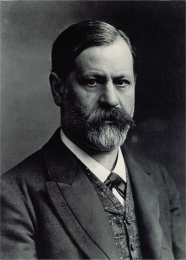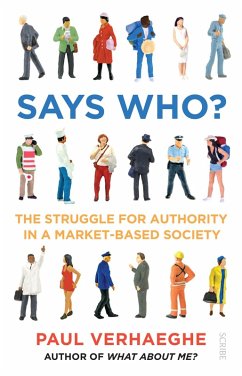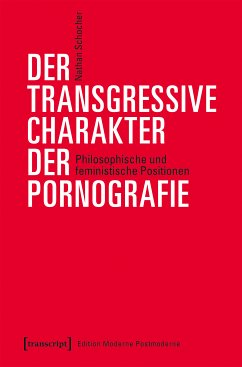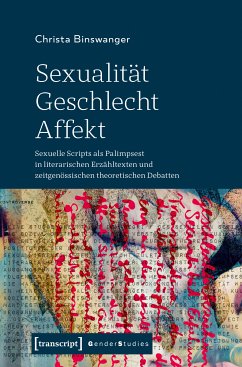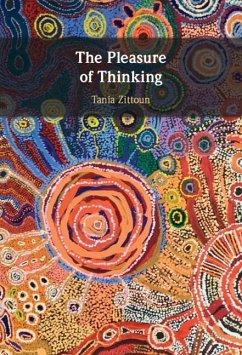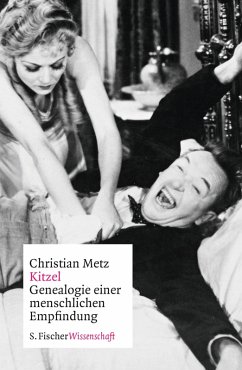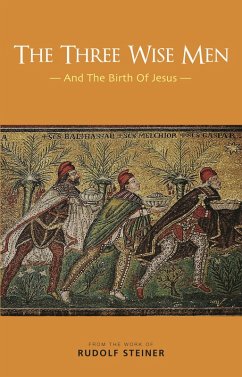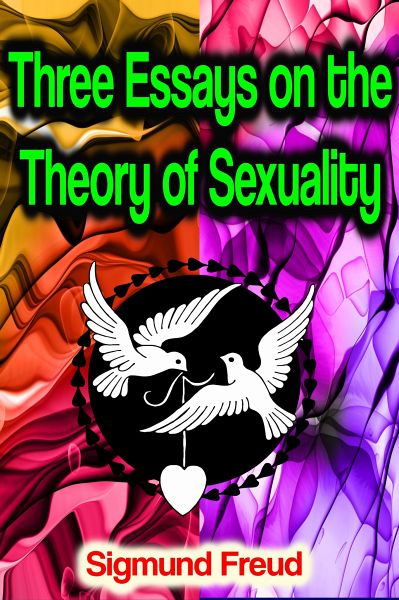
Three Essays on the Theory of Sexuality (eBook, ePUB)

PAYBACK Punkte
0 °P sammeln!
Three Essays on the Theory of Sexuality Sigmund Freud - When it comes to the world of psychiatry, one name has long stood out among the rest. Sigmund Freud (1856-1939) was an Austrian neurologist who came to be known as the "Father of Psychoanalysis". Freud himself suffered from psychosomatic symptoms yet would go on to develop groundbreaking theories on the unconscious mind and repression. Freud's work in analyzing dreams has helped aid psychiatrists and patients alike to treat various physical and mental ailments.This version of Three Contributions to the Theory of Sex includes a table of co...
Three Essays on the Theory of Sexuality Sigmund Freud - When it comes to the world of psychiatry, one name has long stood out among the rest. Sigmund Freud (1856-1939) was an Austrian neurologist who came to be known as the "Father of Psychoanalysis". Freud himself suffered from psychosomatic symptoms yet would go on to develop groundbreaking theories on the unconscious mind and repression. Freud's work in analyzing dreams has helped aid psychiatrists and patients alike to treat various physical and mental ailments.This version of Three Contributions to the Theory of Sex includes a table of contents.
Dieser Download kann aus rechtlichen Gründen nur mit Rechnungsadresse in A, B, BG, CY, CZ, D, DK, EW, E, FIN, F, GR, H, IRL, I, LT, L, LR, M, NL, PL, P, R, S, SLO, SK ausgeliefert werden.




